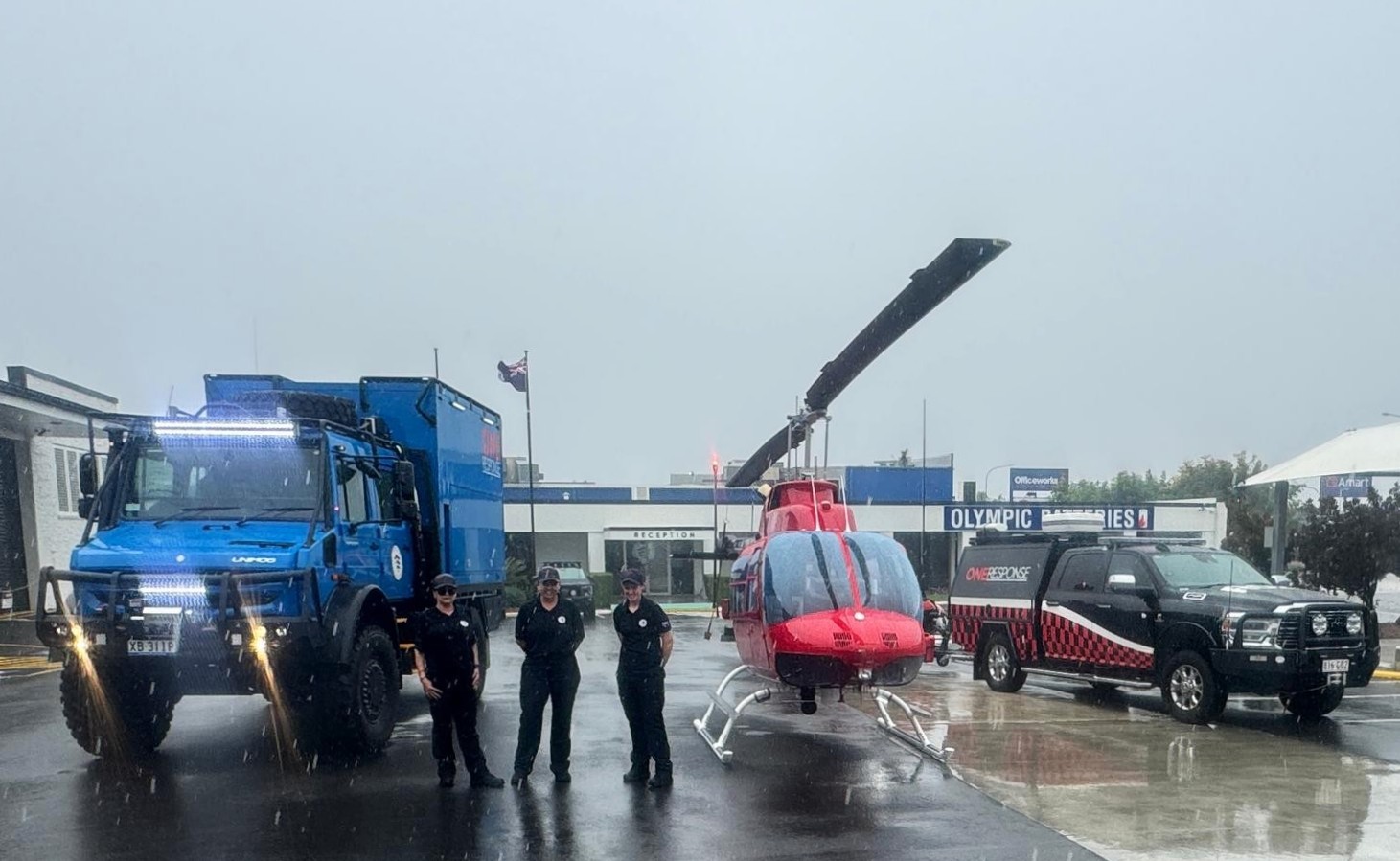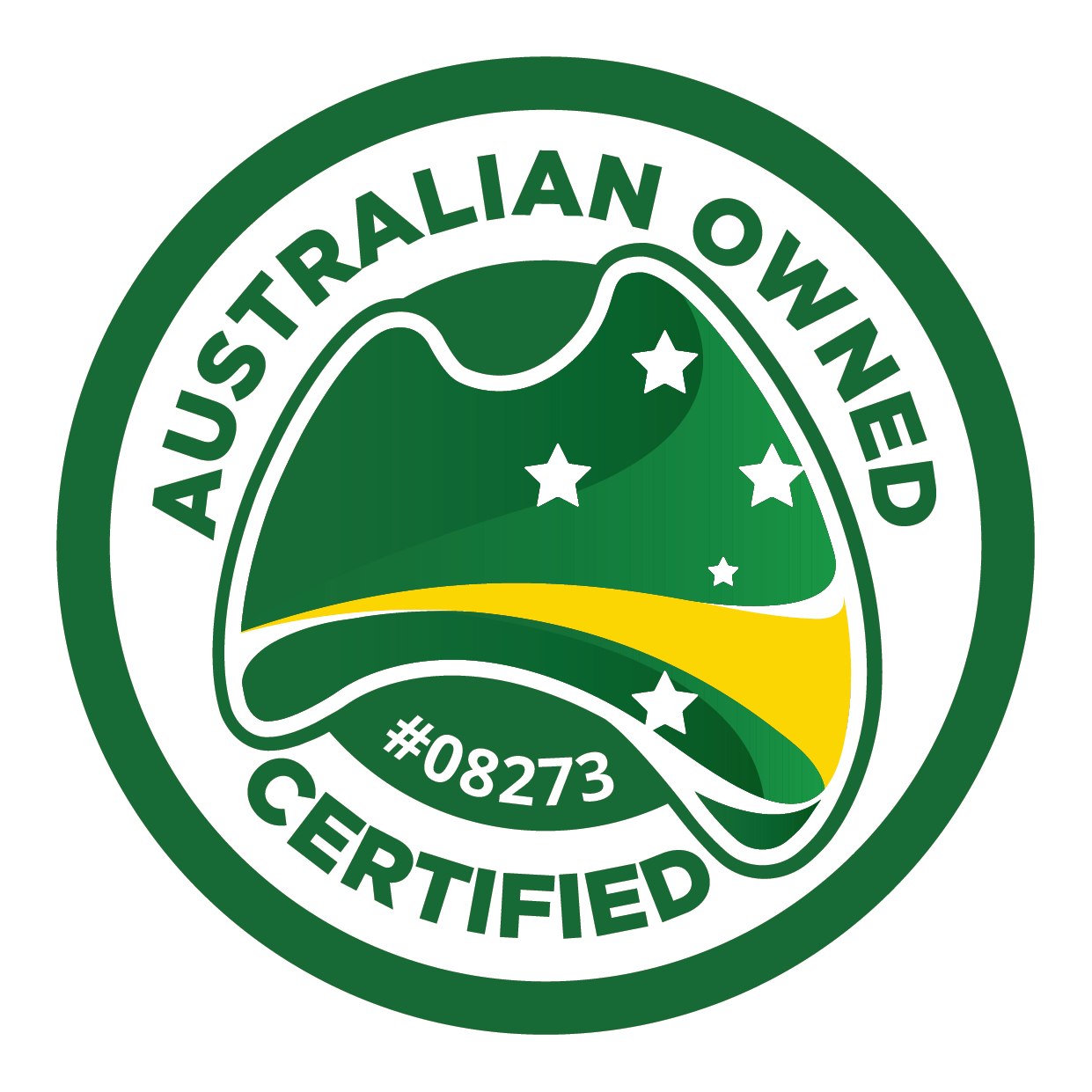Public-Private Partnerships: Public Safety
Now is the time for public-private partnerships. Government need to join forces more deliberately with private companies, to ensure the most effective responses during Australia’s many and more-frequent emergencies!

Ever-increasing demand on government agencies, including on the Australian Defence Forces, means the idea of Public-Private Partnerships is becoming more attractive – and increasingly vital – to keep Australians safe in times of our many natural disasters.
That’s the message of the Public Safety Training & Response Group; major sponsor at this years 2024 AFAC conference and event, and provider of accredited training in public safety and private on-demand search and rescue services.
The group sees overwhelming advantages in PPPs in terms of costings (ultimately saving the taxpayer), utilising of skilled personnel and the quality of service – it argued these and other points at AFAC24.
“With the sentiment from leaders in the field to reduce our reliance on our Defence Forces, it feels like the right time to rethink response and recovery to be more inclusive and collaborative,” the group’s General Manager Operations, Trevor Arnold, said.
“We believe that Public Private Partnerships may be one of the solutions to ensure that there can be effective use of shared assets and capabilities, to assist one another with enormous capital investments, and to make the best possible use of shared equipment and people to ensure the safety of everyone in Australia.”
Public Safety is paramount
Mr Arnold’s comments reflect on repeated acknowledgments by Government and its agencies of the impacts on their capabilities, of increasingly being called upon to help Australians facing natural disasters. The nation is experiencing more frequent bushfires, storms, floods, cyclones, increasing temperature extremes, landslides, increasing seismic activity, tsunamis, as well as other unpredictable emergencies.
The Defence Strategic Review 2023 noted that, “The acceleration of major climate events risks overwhelming the Government’s capacity to respond effectively and detracting from Defence’s primary objective of defending Australia. Climate events already place concurrency pressures on the ADF and this has negatively affected force preparedness, readiness and combat effectiveness.”
This argument was also reiterated in the recently released Senate report, “Boots on the ground: Raising resilience”.
Mr Arnold’s response is that PPPs are a sensible solution.
“Private enterprise that is well-funded with both assets and people, can provide initial response when required but also surge capacity to supplement local legislated emergency response teams,” he explained.
“This model takes away the need for any jurisdiction to have high-valued assets on the books and depreciating rapidly, and personnel with skills fade to a shared use arrangement where there are highly skilled, currently trained and well-equipped teams available to respond at short notice.
“Further, as equipment gets more sophisticated, it also seems to get more expensive, placing a high burden on capital, upgrades, and unnecessary expenditure that could otherwise be used for other crucial activities.
“Our teams are ex-military and emergencies services personnel, making use of their high-level training, and self-sufficient, placing no burden on already stretched local arrangements during a disaster.”
PPP arrangements have already been utilised in areas such as health, and government utilises private enterprises through organisations like the National Aerial Firefighting Centre (NAFC), as examples.
Such arrangements have also be utilised in nations like the USA – for its critical infrastructure protection adopted in policy since the 1990s.
Partnerships that work
The group’s acting CEO and spokesperson, James Baker said it had been in partnership with the USA Government for several years to fight wildfires, the most recent just last month.
“We are a private company that can mobilise assets, capital and manpower to help with Australia’s growing disaster response capability, but we can’t seem to break through the glass ceiling and into the trusted circle of service providers,” Mr Baker said.
“Our Group is headquartered in Brisbane, and we have water, land and air assets, plus a team of experienced rescue and response professionals ready to go, but given the slow response we have had to our services and support capabilities, anyone would think that there is no problem with disasters in Australia.
“I’m sure communities and families affected by disasters would have a very differing opinion.”
Public Safety Training & Response Group had a comprehensive display at AFAC24. The display included an impressive Unimog, uncrewed aircraft (drones), a robot dog named SPOT, and personnel rescue equipment from USA firm NRC.
Mr Arnold and Mr Baker were amongst the expert staff who attended the Public Safety Training & Response Group’s stands at the event to respond to questions and queries.
“While we are a relatively new organisation, our team boasts a wealth of experience in disaster management and response,” Mr Baker said.
“Our personnel are drawn from the best in the industry, bringing with them a deep understanding of the challenges faced by communities across Australia.
“We’re committed to pushing the boundaries of emergency preparedness by developing cutting-edge training programs and acquiring state-of-the-art equipment.
“By investing in training and preparedness, we can mitigate the impact of disasters and build more resilient communities – government, industry, and communities must collaborate to develop and implement innovative solutions.
“By investing in training, technology, and collaboration, we can build a safer, more resilient nation. Let’s work together to create a future where Australia is a world leader in disaster management.”
Public Safety training and Response Group is a private company, dedicated to all aspects of public safety and recognises the vital need for private/public partnerships to provide the most comprehensive responses and successful outcomes.
For partnership opportunities, contact us:
info@pstrgroup.com
+61 1300 396 570

